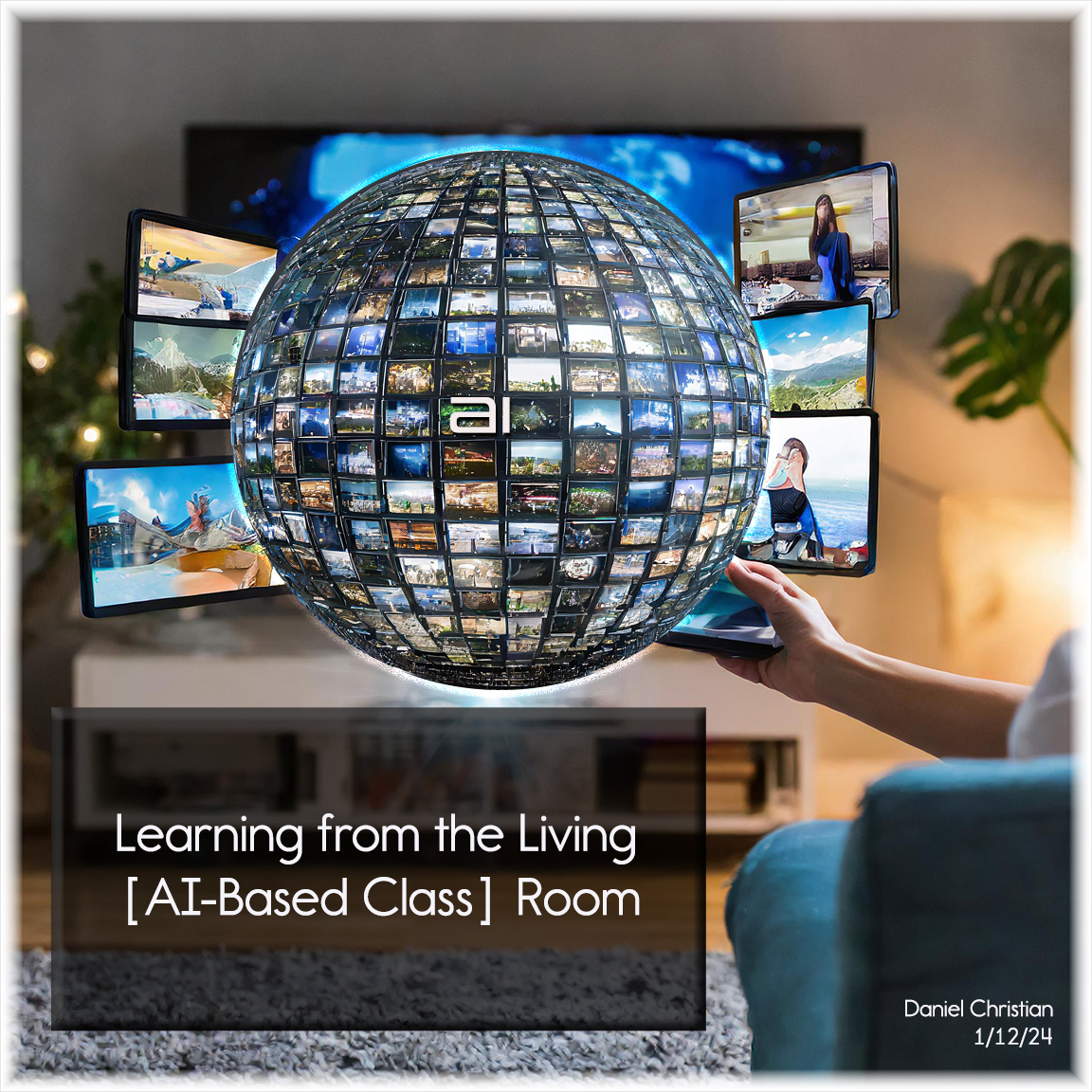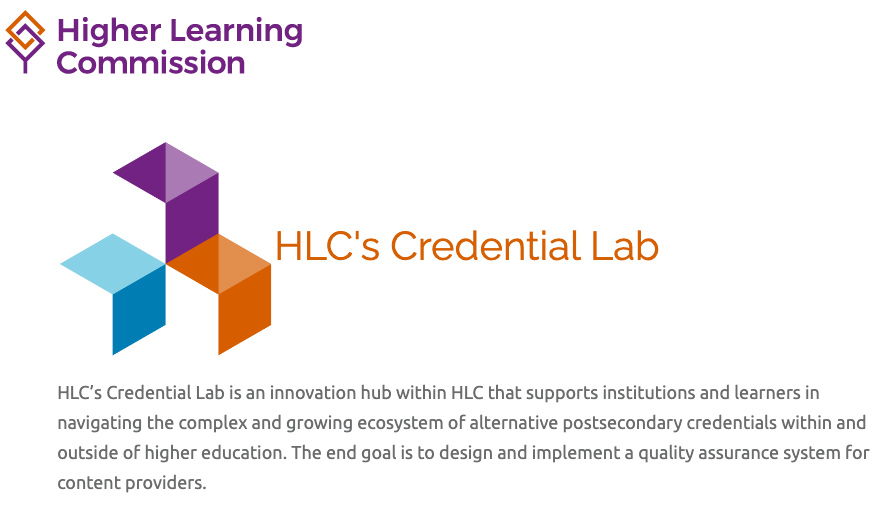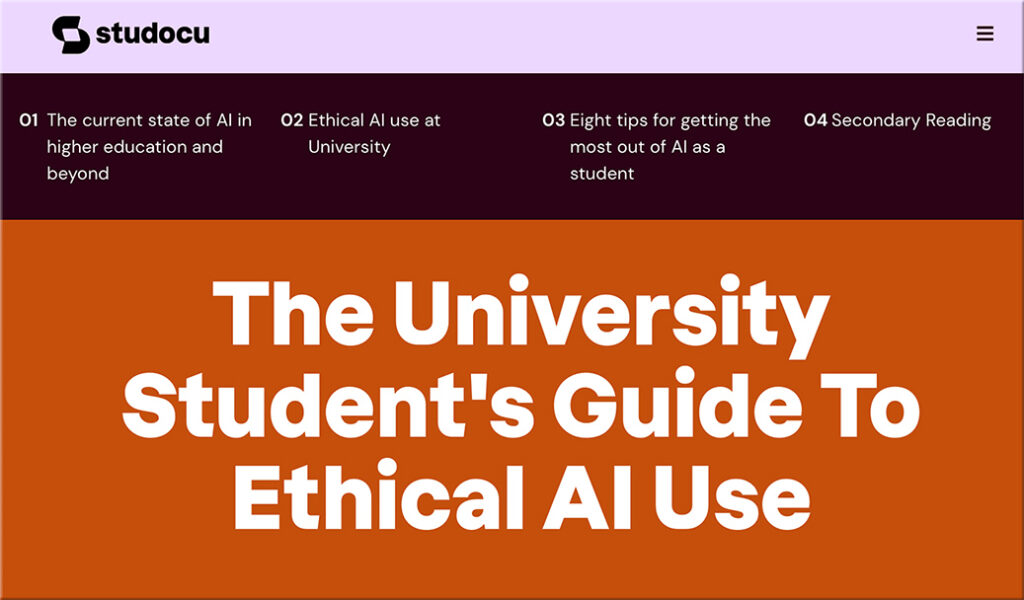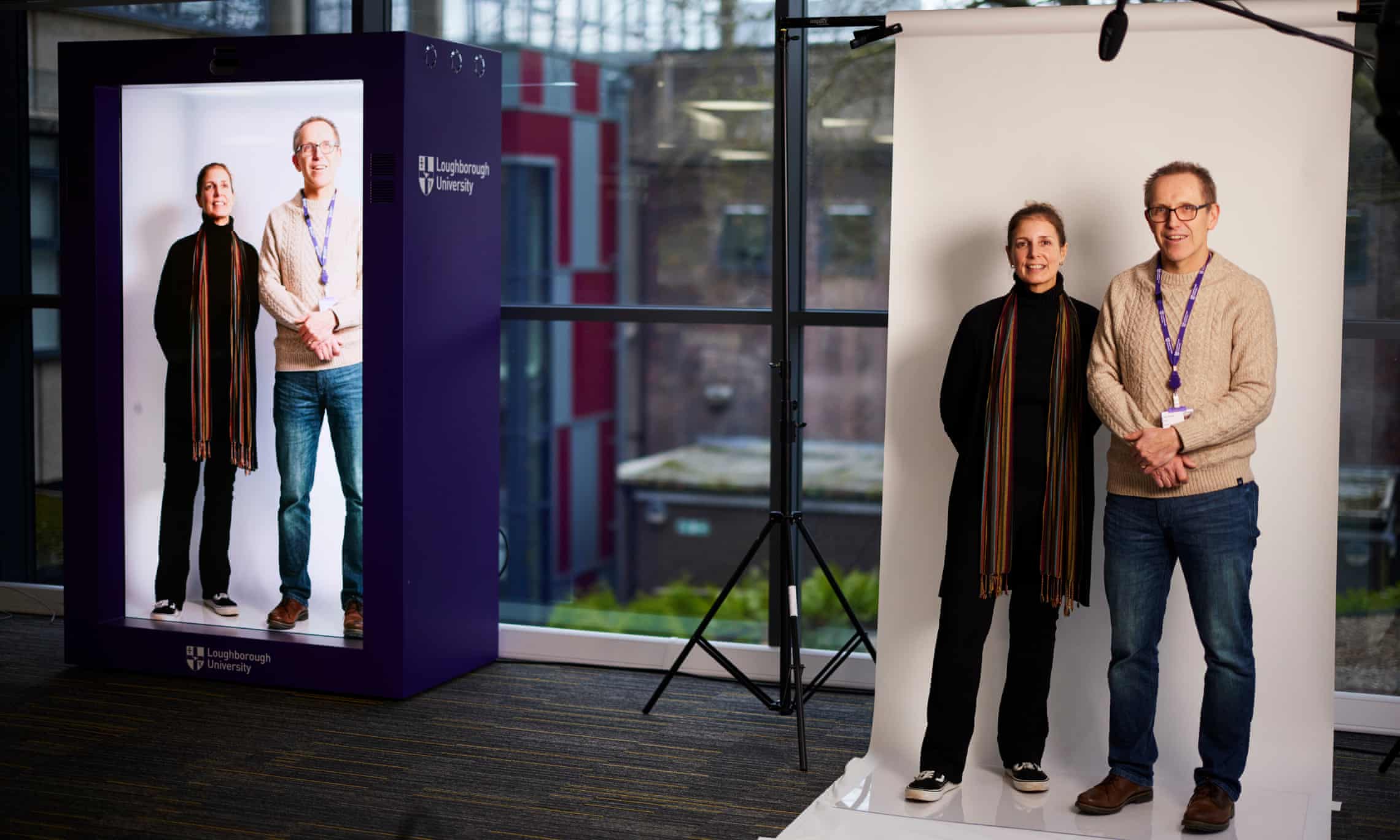The future of learning — from moodle.com by Sonya Trivedi
Self-directed and continuous learning
The concept of self-directed and continuous learning is becoming increasingly popular, reshaping our approach to knowledge and skill acquisition in both formal education and workplace settings. This evolving landscape reflects a world where traditional career paths are being replaced by more dynamic and flexible models, compelling learners to adapt and grow continuously.
The Future of Learning Report 2022 highlights this shift, noting the diminishing concept of a ‘career for life.’ With regular job switching and the expansion of the gig economy, there is an increasing need for a workforce equipped with a broad range of skills and the ability to gain qualifications throughout their careers. This shift is underlined by learners increasingly seeking control over their educational journeys, understanding that the ongoing acquisition of knowledge and skills is essential for staying relevant in the rapidly changing world of work. Reflecting this trend, a significant portion of learners, 33%, are choosing online platforms for their flexibility and ability to cater to individual needs and schedules.
From DSC:
The next paragraph after the above excerpt says:
Much like how companies such as Uber and Airbnb have reshaped their respective industries without owning traditional assets, the future of education might see universities functioning as the ‘Netflix of learning.’ In this model, learners comfortably source their educational experiences from various platforms, assembling their qualifications to create a personalised and continuously evolving portfolio of skills??.
But I don’t think it will be universities that function as the “Netflix of learning” as I don’t think the cultures of most institutions of traditional higher education can deal with that kind of innovation. I hope I’m wrong.
I think it will be a new, global, lifelong learning platform that originates outside of higher education. It will be bigger than higher education, K12, corporate training, or vocational training — as such a 21st-century, AI-based platform will offer all of the above and more.

Slow Shift to Skills — from the-job.beehiiv.com by Paul Fain
Real progress in efforts to increase mobility for nondegree workers is unlikely during the next couple years, Joseph Fuller, a professor at Harvard University’s business school who co-leads its Managing the Future of Work initiative, recently told me.
Yet Fuller is bullish on skills-based hiring becoming a real thing in five to 10 years. That’s because he predicts that AI will create the data to solve the skills taxonomy problem Kolko describes. And if skills-based hiring allows for serious movement for workers without bachelor’s degrees, Fuller says the future will look like where Texas is headed.
Report: Microcredentials Not a Strategic Priority for Many Colleges — from insidehighered.com by Kathryn Palmer
A new report finds that while most colleges surveyed embrace alternative credentials, many have a decentralized approach for creating and managing them.
While the majority of colleges focused on online, professional and continuing education have embraced alternative credentials, a significant number of those institutions haven’t made them a strategic priority.
That’s one of the key takeaways from a new study released Monday by UPCEA, the organization previously known as the University Professional and Continuing Education Association. University Professional and Continuing Education Association.
“While a lot of institutions want this, they don’t necessarily all know how” to deliver alternative credentials, said Bruce Etter, UPCEA’s senior director of research and consulting. “Embracing it is great, but now it needs to be part of the strategic plan.”
The Higher Learning Commission’s Credential Lab — from hlcommission.org

10 higher ed trends to watch in 2024 — from insidetrack.org by
Trend 1.
Linking education to career paths
Trend 2.
Making sense of the AI explosion
Trend 3.
Prioritizing mental health on campus
…plus 7 other trends
North Carolina’s Community Colleges Make a Big Bid to Stay Relevant — from workshift.opencampusmedia.org by Margaret Moffett
The system is poised to ask state legislators to overhaul its funding formula to focus on how well colleges prepare students for high-demand, well-paying jobs.
The new formula would pay a premium to each college based on labor-market outcomes: the more students enrolled in courses in high-demand, high-paying workforce sectors, the more money the college receives.
Importantly, the proposed formula makes no distinction between curricular courses that count toward degree programs and noncredit continuing education classes, which historically offer fewer slots for students because of their lower FTE reimbursement rates.
Supporting Career and Technical Education — from bloomberg.org via Paul Fain
The American job market is changing. A high school diploma is no longer a ticket to a good job now, an increasing number of employers are offering “middle-skill jobs” that require more than a high school diploma but less than a bachelor’s degree. Industries like health care, IT, advanced manufacturing, and financial services continue to see sustained growth at all levels, and they need workers with the experience and the credentials to fill new positions. Bloomberg Philanthropies is investing in programs that help young people get the specialized training they need through internships, apprenticeships, academics, and work-based learning.











.webp)














